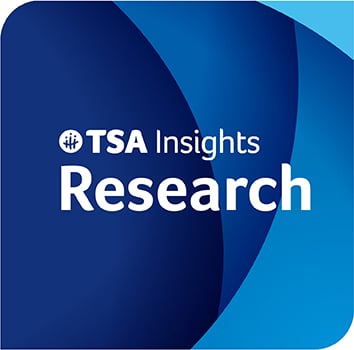Seizures in young children with TSC and developmental outcomes
About this study
This study explored how seizures influence brain development in young children with TSC (Tuberous Sclerosis Complex). It compared the cumulative seizure burden—the total number and severity of seizures experienced over time—and the age of seizure onset in predicting developmental outcomes by age 3.
How the study was conducted
Researchers followed 129 children with TSC from birth to age 3, tracking neurodevelopment and gathering detailed information on seizures, such as the number of days seizures occurred and their severity. Cognitive and behavioural assessments were conducted at various ages, and machine learning techniques were used to group children based on their developmental outcomes and to identify patterns related to seizures.
Outcomes of the study
By age 3, the children were grouped into two developmental categories: one with better developmental outcomes and another with more challenges. Most children (75%) remained in the same category from age 1 to 3. The total seizure burden appeared to be closely associated with developmental outcomes, and a combination of early developmental scores and seizure burden data predicted outcomes at age 3 with 82% accuracy.
Surgical treatment for epilepsy, particularly when performed earlier, appeared to reduce seizure burden and was associated with some developmental improvements, though this varied between children. The study also noted differences between boys and girls, with girls seeming to be more affected by seizure timing and frequency, suggesting the possibility of gender-related differences in how TSC impacts development.
Conclusions of the study
The findings suggest that cumulative seizure burden may play a stronger role in developmental outcomes than the age at which seizures begin. Early developmental patterns observed by 12 months of age often remained consistent through age 3. These results highlight the importance of interventions that may reduce seizure burden during the early years of life.
Implications of the study
This study suggests that controlling seizures early in life, whether through medication or surgery, could have an impact on developmental outcomes in children with TSC. Early epilepsy surgery may offer benefits by reducing seizure burden, though outcomes can vary. The observed differences between boys and girls point to the need for further research into potential gender-related factors in TSC and epilepsy. These findings provide a basis for focusing on seizure burden as an important factor in managing TSC and supporting developmental progress.
Ihnen SKZ, Alperin S, Capal JK, Cohen AL, Peters JM, Bebin EM, Northrup HA, Sahin M, Krueger DA; TACERN Study Group. Accumulated seizure burden predicts neurodevelopmental outcome at 36 months of age in patients with tuberous sclerosis complex. Epilepsia. 2025 Jan;66(1):117-133. doi: 10.1111/epi.18172. Epub 2024 Oct 29. PMID: 39470995; PMCID: PMC11742629.
Full paper available at: https://doi.org/10.1111/epi.18172
DISCLAIMER
This information is intended to provide some insights into recent TSC-related research. It is not intended to, and it should not, constitute medical or other advice. Readers are warned not to take any action without first seeking medical advice.

